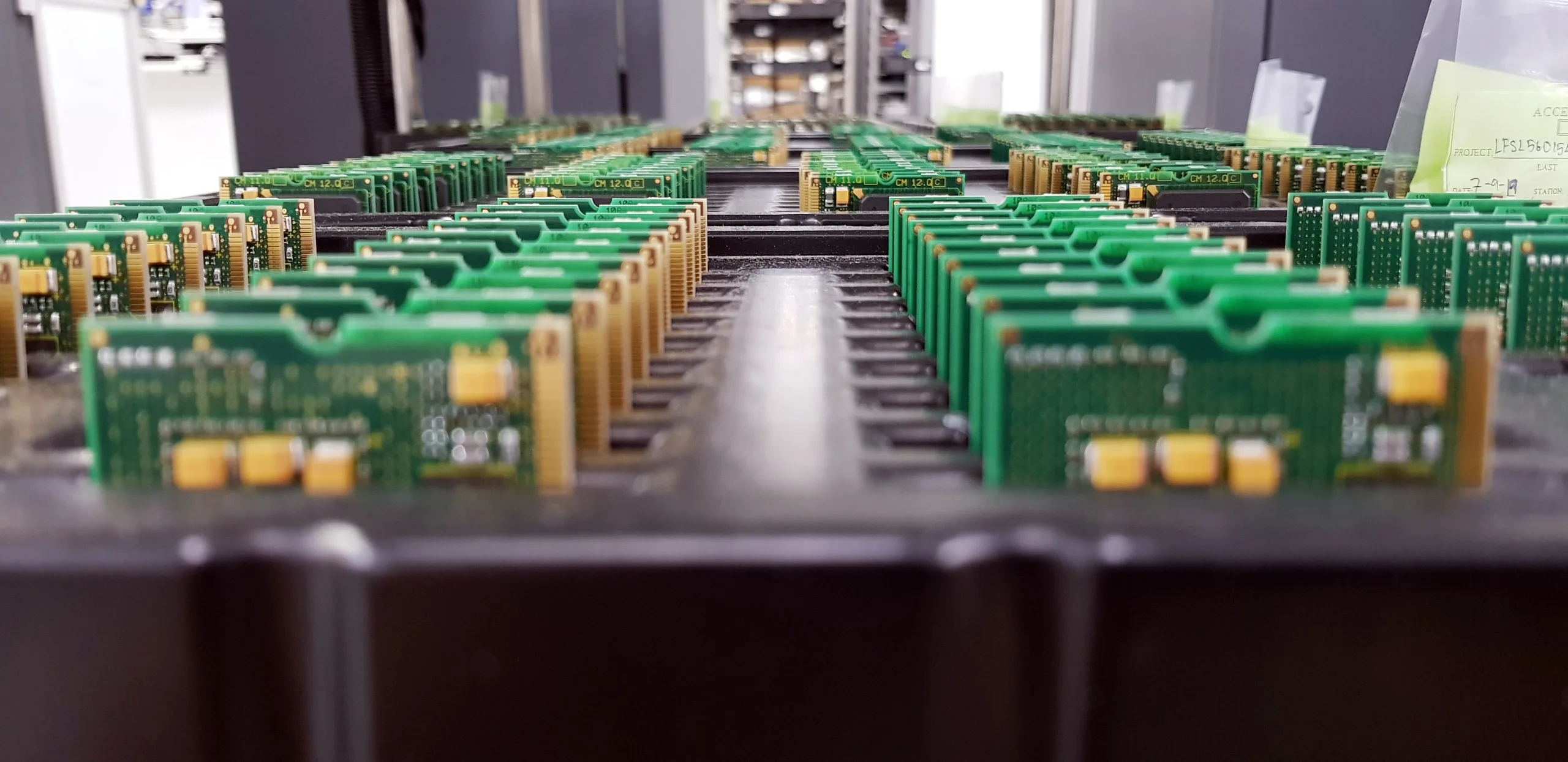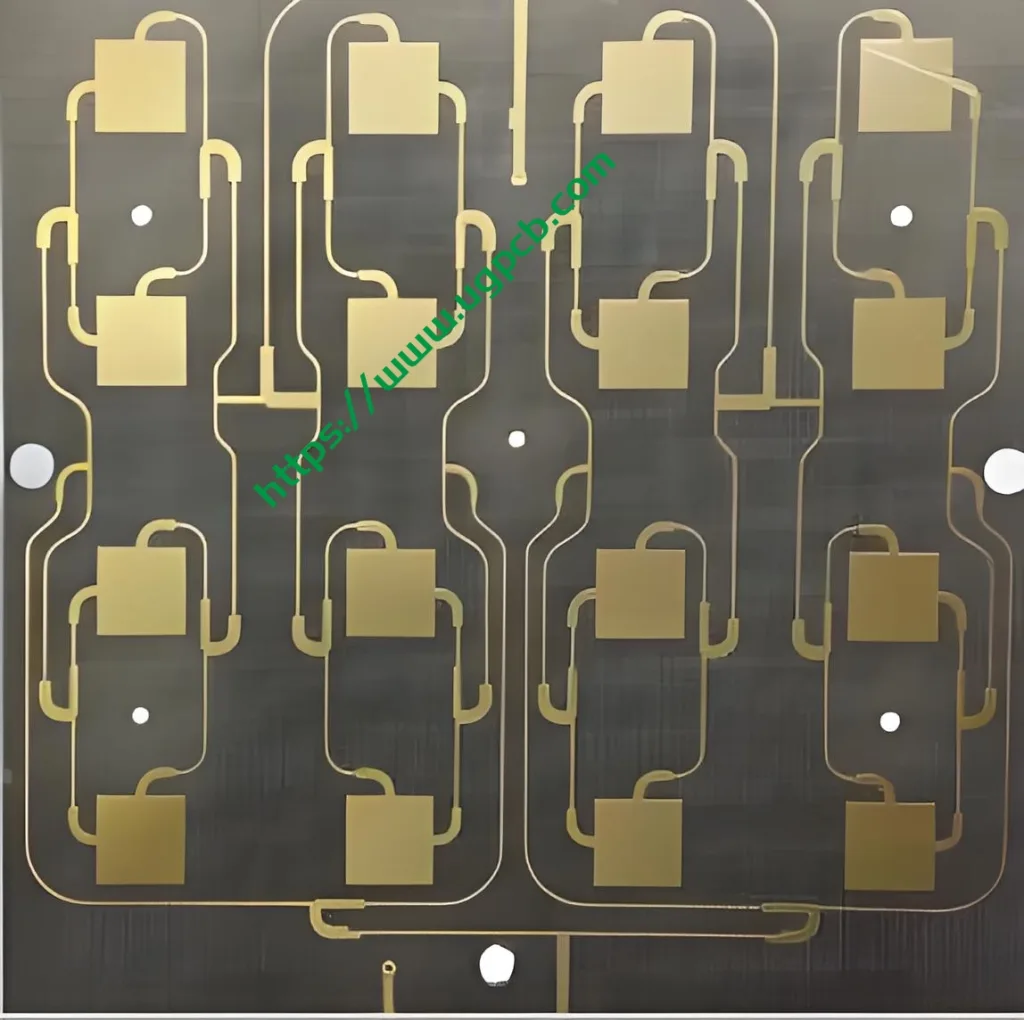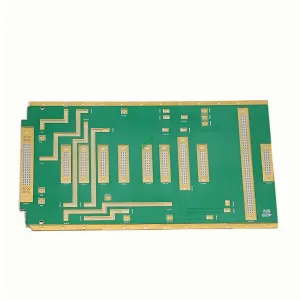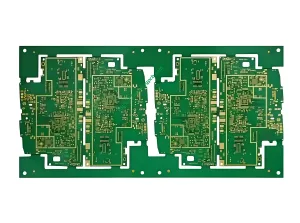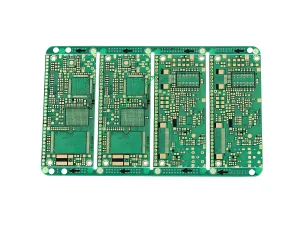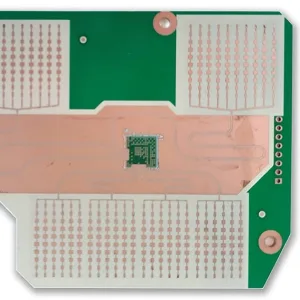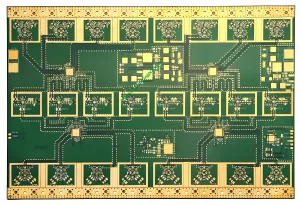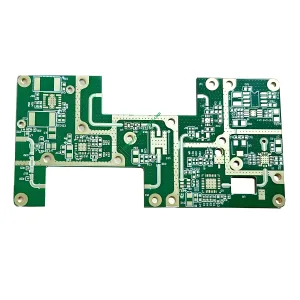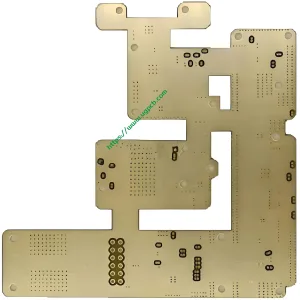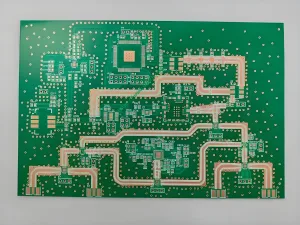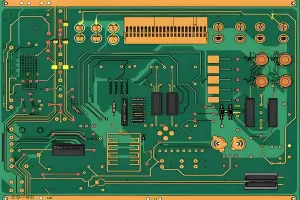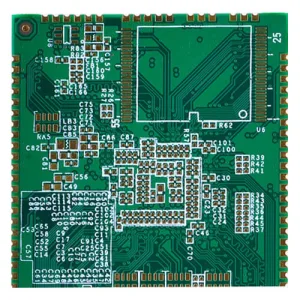Introduction to Rogers RO4700 Series
The Rogers RO4700 series of antenna grade PCB materials represents a reliable and cost-effective alternative to traditional PTFE-based PCB materials. With superior mechanical and electrical properties, these materials cater to the specific needs of antenna designers.
Key Specifications of RO4725JXR, RO4730JXR, and RO4730G3
The RO4725JXR, RO4730JXR, and RO4730G3 PCB materials exhibit dielectric constants (Non so) Di 2.55 E 3.0, rispettivamente, with a loss tangent angle (Df) Di 0.0022. These values ensure minimal signal loss while enabling significant gain for antenna designers. Inoltre, these materials offer excellent PIM performance, with values less than -160dBc.
Compatibility and Processing of RO4700 Series Materials
The RO4700 series materials are compatible with traditional epoxy resin and high-temperature lead-free soldering processes. They do not require the special treatments typically needed for PTFE-based materials, such as pre-plating hole treatment. These materials can be pressed together with R04400-bonded sheets at 175°C to form multilayer plates.
Detailed Analysis of RO4725 LoPro PCB Material
The RO4725 LoPro PCB material offers mechanical and electrical properties tailored for antenna designers. With a Dk of 2.55 and a Df of 0.0022 A 2.5 GHz, it enables significant gain while minimizing signal loss. This material also exhibits low PIM performance, superior to -153 dBc.
Rogers RO4730G3: Meeting the Demands of Future Communication Systems
Rogers has introduced the RO4730G3 antenna-grade PCB material to meet the performance requirements of current and future active antenna arrays and small base station applications, particularly for IoT and 5G wireless communication systems. This material offers a wide range of copper foil options, allowing for greater design flexibility and an optimal balance of performance and cost.
Properties and Advantages of RO4730G3 PCB Material
The RO4730G3 PCB material is a ceramic-filled hydrocarbon circuit board material that originally came with standard low roughness, low loss LOPro® copper foil. It provides excellent PIM performance, typically better than -160 dBc, and is widely used in IM-sensitive high-frequency antennas. The standard electrolytic copper option offers an excellent combination of price, prestazione, e durata.
Comparison Between AD255C and RO4725JXR
Both AD255C and RO4725JXR have a dielectric constant of 2.55, but they differ significantly in composition and processing. AD255C is a polytetrafluoroethylene material with glass cloth, while RO4725JXR is a hydrocarbon and ceramic filler material. AD255C has a lower loss factor but is softer and more difficult to process. Al contrario, RO4725JXR is harder and easier to process.
ROGERS RO4725 and ROGERS RO4725JXR: Two Models to Choose From
ROGERS offers two models, RO4725 and RO4725JXR. RO4725JXR is an improvement based on RO4725 and offers a lower PIM value, making it particularly suitable for communication antenna panels.
Conclusione
The Rogers RO4700 series of antenna grade PCB materials offers a reliable, economico, and high-performance alternative to traditional PTFE-based materials. Con eccellenti proprietà meccaniche ed elettriche, compatibility with traditional processing methods, and superior PIM performance, these materials are well-suited for a wide range of antenna design applications, including IoT and 5G wireless communication systems.
 LOGO UGPCB
LOGO UGPCB
